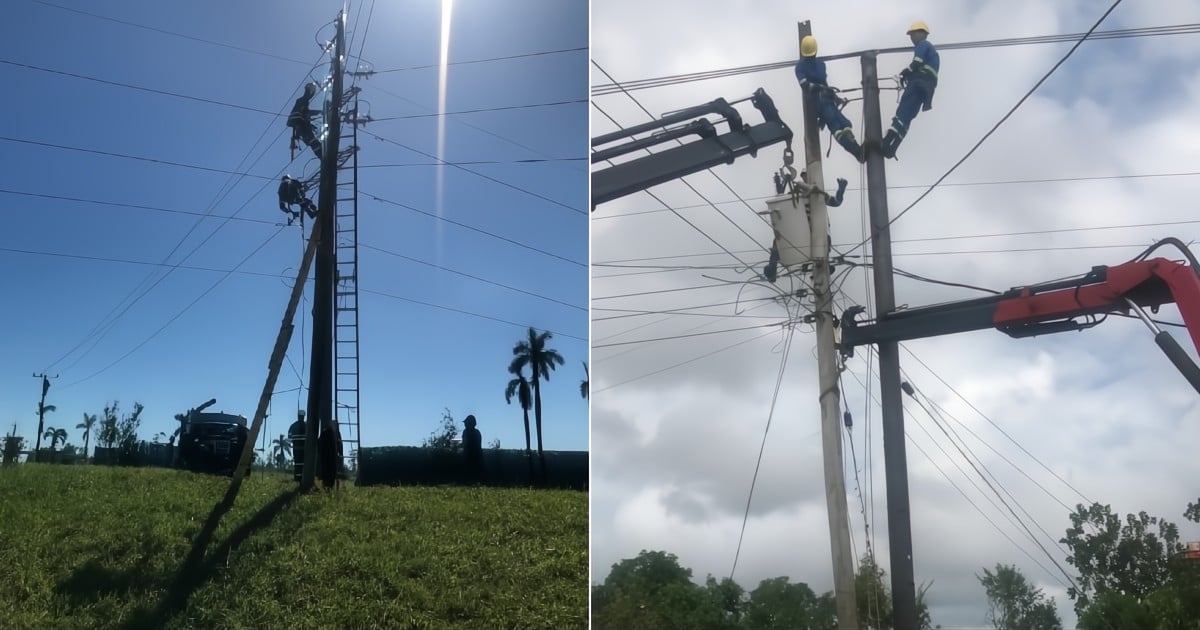
The province of Pinar del Río, a territory that did not suffer the direct impact of Hurricane Rafael but has faced serious consequences following the storm's passage through the country, is still not connected to the National Electric System, authorities reported.
According to the Tele Pinar telecenter, several attempts have been made to connect the western territory, but all have failed.
There are four brigades of electrical workers working to connect the area, which on Monday, despite the challenging conditions, restarted the school year.
“During intense shifts, they will cover about 50 kilometers to locate and eliminate the fault that currently prevents the arrival of electricity to the country’s westernmost province,” the outlet quoted Yosvany Torres, the chief specialist at the Technical Directorate of the OBE Pinar del Río.
For its part, the government of Pinar del Río urged the small population receiving electric service to take extra measures to conserve energy.
"Since last Wednesday, the province of Pinar del Río has been receiving electricity from isolated microsystems (islands), which lose stability due to overconsumption and affect the optimal functioning of vital sites such as hospitals and drinking water supplies for the population," they mentioned in a social media post.
A report on this situation was provided by José Rolando Casares Soto, an independent journalist and opposition figure, who stated that the city is practically in darkness, except for a few specific areas such as the facilities of the Empresa de Telecomunicaciones de Cuba S. A. (ETECSA) and the neighborhood known as Reparto Los Militares, which still have electricity while the rest of the residents in Pinar del Río cope with the darkness and its consequences.
"In addition to the power shortage, the journalist reports a notable police presence in the streets of Pinar del Río, which intensifies the tension in the city," explained the non-governmental organization Cubalex in a publication.
The problem of blackouts is not new in Cuba, but it has reached unprecedented levels in recent months. The Electric Union of Cuba has acknowledged that the disruptions in service are due both to a lack of fuel and failures in the electrical infrastructure, compounded by the impacts of recent natural disasters experienced in the country.
What do you think?
COMMENTArchived in: